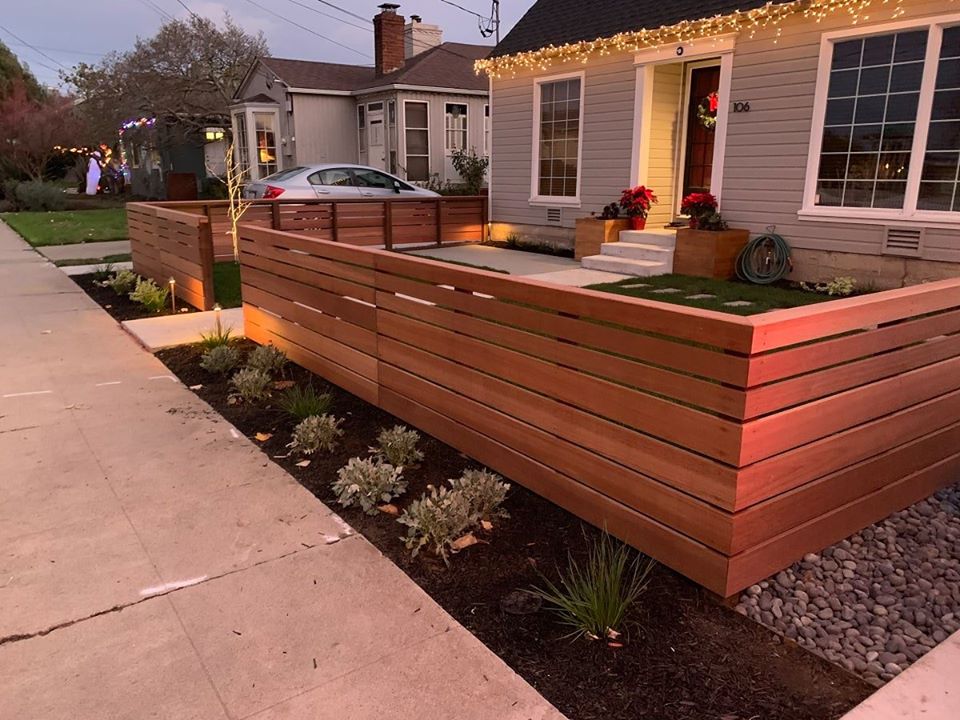Build a Batu or Ipe Hardwood Fence
Are you considering building or replacing a fence this spring? Whether you’re interested in increased privacy, blocking noise or unsightly views, or safely corralling pets and children, a fence is a great way to add curb appeal to your home. When building a fence, many professionals and DIYers automatically point to a wood like pine or cedar. While these woods are commonly found everywhere and are reasonably priced, don’t assume they’re the best option for your project! Batu and Ipe, beautifuls and durable hardwoods, are often a much better choice.
Should you use pine for a fence?
One of the most common and economical choices for a wood fence is pine. A soft wood, it’s easy to work with and considered durable for most applications. Pine is often pressure treated with a stain to repel water, as well as a preservative called chromated copper arsenate (CCA), which makes it less prone to insect infestation and rot.
Should you use cedar for a fence?
Cedar wood naturally repels insects, has a nice scent, and requires little maintenance. More expensive than pine, cedar also looks attractive and is a popular choice for many homeowners. However, cedar is prone to rotting when in direct contact with soil. For this reason, many contractors recommend using posts of pressure treated pine, with cedar for the rest of the fence.

Beautiful horizontal Batu fence
Why are IPE and Batu hardwood fences superior?
Batu and Ipe are both excellent options for a fence. In terms of beauty, strength, and durability, both Batu and Ipe are at the top of the list. Plus, hardwoods aren’t treated with any preservatives or insecticides.
If you’re looking to create a fence with impact, a horizontal design is a great way to showcase the natural beauty of Batu or Ipe hardwood. Their natural grain runs the length of the planks, which creates a gorgeous look.
Batu: This hardwood is extremely strong and durable. It requires little maintenance, only needing an annual oil treatment to prevent its beautiful reddish-brown color from weathering to silver. Resistant to mold, insects, and rot, it can last over 30 years.
Ipe: Ipe’s most remarkable trait is its hardness – it’s harder than redwood and stronger than cedar. Not only does it withstand harsh climates, it is naturally resistant to insects and mold. Ipe is very durable and can last over 50 years! Like Batu, Ipe’s rich brown will turn to silver if left untreated. Other than this optional, aesthetic treatment, no other maintenance is required.
